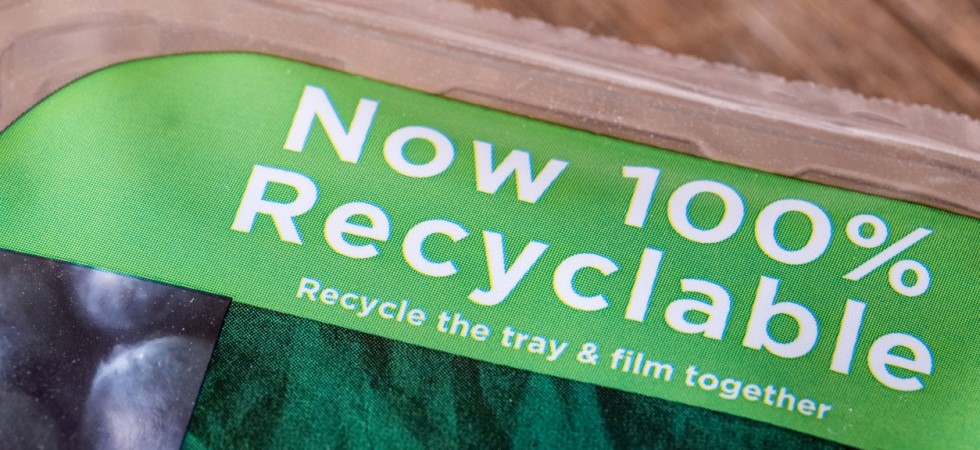Environmental compliance data firm Ecoveritas has said it supports Defra’s decision to defer Extended Producer Responsibility (EPR) for packaging fees until October 2025, adding that the decision is “unfortunate but necessary.”
Government has said that it will use the additional year to continue to discuss the scheme’s design with industry and “reduce the costs of implementation wherever possible”, as producers have already started to use less packaging and adopt easier to recycle packaging formats.
Ecoveritas described the decision as “unfortunate but necessary due to a lack of clarity on costs for businesses.” The latest update comes as Ecoveritas urged the UK Government to stay the course regarding EPR policy reforms earlier this month.

The announcement – which, according to Ecoveritas spokesperson Kathy Illingworth, provides some “much-needed clarity” – pushes back the implementation of the policy to after the 2024 election.
“We’re yet to come across anyone who disagrees with the direction of travel,” said Illingworth. “But, for an ambitious reform, it has long been apparent that there were too many missing puzzle pieces and far too many detractors before its launch.
“It’s bittersweet. This pause for thought should allow Defra to build in more clarity, but there is certainly a job to be done to rebuild confidence. At the same time, all eyes will be on the industry now, who, having gotten the delay they wanted, should rally around a good policy for the planet and the environment. Perhaps the Government can now make progress on the consistency of collection by local authorities, which will be essential if EPR is to be the effective policy we know it can be.
“What is clear is that there were major question marks over the scheme’s readiness and a real lack of confidence. We must now prioritise agreeing and setting the fees this summer so that affected companies can plan for these additional costs.”
Food industry remains committed to circular economy
Simon Roberts, CEO of Sainsbury’s, said: “Whilst we remain absolutely committed to a circular economy and support the introduction of EPR, we welcome today’s announcement.
“This will provide the necessary time to work across our industry and with Government in order to get EPR right first time. This decision is also an important step in minimising further pressure on food inflation and we will continue to focus on delivering the best value to customers in the coming months.”
Paul Vanston, chief executive of the Industry Council for Packaging and the Environment (INCPEN), said: “UK and devolved Ministers are making the right set of decisions at this time to drive forward the shaping of the collections and packaging reforms.
“Ensuring overall systems efficiency, cost-effectiveness and high recycling performance are essentials for the governments and stakeholders to achieve together.”
Rupert Ashby, BFFF chief executive, welcomed the Government’s announcement on EPR, saying: “The BFFF welcomes the Government’s decision to delay the Extended Producer Responsibility scheme. Whilst some groups may see this as a setback to our ambitions to reduce waste and increase recycling, it presents the perfect opportunity to take stock and create a comprehensive and efficient scheme which better matches the reality of the market and, when introduced, will drive our collective sustainable development goals and push us towards a circular economy.
“We urge the Government to now work at pace with industry and embrace our knowledge and expertise to ensure the scheme is fair and practical and delivers economically viable solutions for all.”
The Government has stated that it remains committed to delivering on its commitments to eliminate avoidable waste by 2050 and recycle 65% of municipal waste by 2035.
Collecting data outlined in 2023 legislation is still important
According to Ecoveritas, investment in recycling infrastructure will likely become harder due to “a loss of confidence in the legislative framework.” However, Illingworth is hopeful that any damage done to remaining ambition isn’t terminal, and points to the fact that companies should now be collecting the data outlined in The Packaging Waste (Data Reporting) (England) Regulations 2023, which came into effect on 28th February 2023, as an indictment of progress.
Illingworth said: “The good news is that the data reporting legislation has become law, and the requirements remain as it is, so at least the Government can more accurately assess the amount of packaging placed onto the market in 2023 and 2024 before introducing new fees.”









